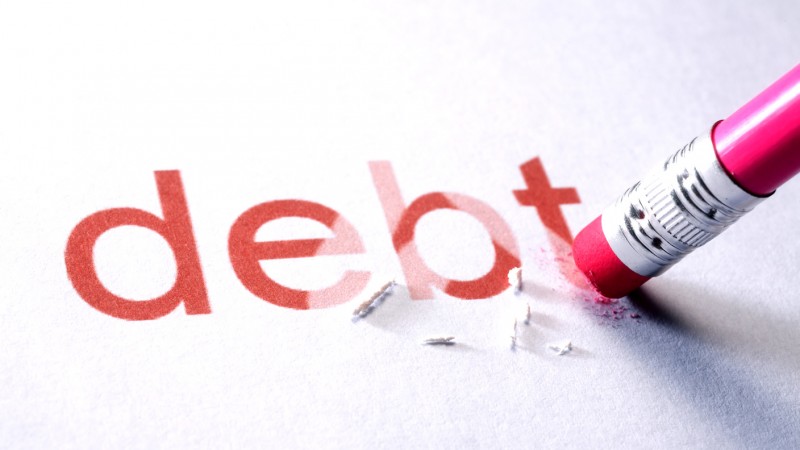Finances
Can an Overdraft Affect Your Credit Score?
Our article explores how overdrafts can affect your credit rating and offers practical advice to help maintain a healthy score. So read on and learn more!
Advertisement
Learn all about how overdrafts can impact your credit health
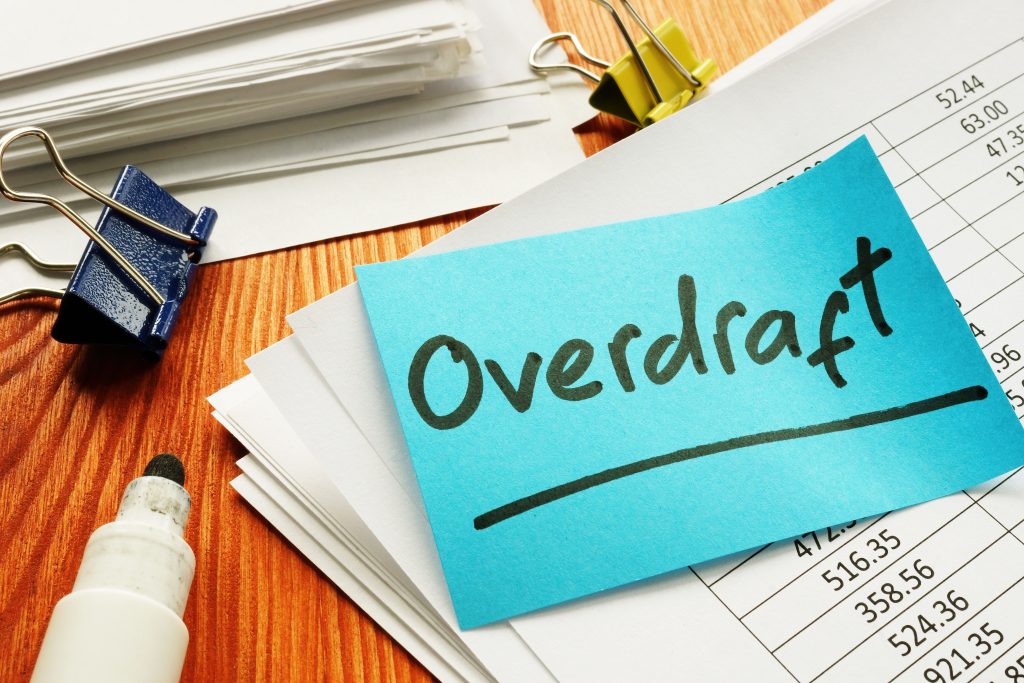
Does overdraft affect your credit score? Simply put, yes, they do. But how? Here, we’ll explain how overdrafts work and impact your overall rating.

Transunion vs. Equifax: the credit reporting giant
Keep reading and discover how Transunion vs. Equifax work and how they calculate your credit score! Keep reading and learn more!
Read on! We’ll give you helpful tips to keep your finances and credit in good shape. Let’s start understanding your money better today!
What is overdraft and how does it work?
An overdraft occurs when you spend more than what’s in your bank account. It acts like a temporary loan, allowing you to pay despite low funds.
Subsequently, banks usually charge fees for overdrafts. These fees can accumulate, making it vital to monitor your account to avoid unnecessary expenses.
Also, many banks offer overdraft protection. This service links your account to a savings or card, automatically covering overdrafts.
But does overdraft affect your credit score? It typically doesn’t directly impact your score. However, unpaid overdrafts can lead to debts that might.
Moreover, frequent overdrafts can indicate financial trouble. Banks might take note of this pattern, affecting your relations, even if it doesn’t immediately impact your credit.
Finally, it’s essential to manage your account carefully. Avoiding overdrafts ensures financial stability and prevents unnecessary fees and potential credit complications.
You will be redirected to another website
By submitting this form, I agree that I am 18+ years old and I agree to the Privacy Policy and Terms and Conditions. I also provide my signature giving express consent to receive marketing communications via automated emails, SMS or MMS text messages and other forms of communication regarding financial products such as credit card and loans. Message frequency varies and represents our good faith effort to reach you regarding your inquiry. Message and data rates may apply. Text HELP for help or text STOP to cancel. I understand that my consent to receive communications is not a condition of purchase and I may revoke my consent at any time.
How do overdrafts impact your credit score?

First, asking whether an overdraft affects your credit score is crucial. Generally, overdrafts don’t directly impact your credit as long as they are promptly addressed.
However, the bank might report you to ChexSystems if overdue fees aren’t settled. This doesn’t impact your score directly but is a red flag for financial management.
Moreover, banks may also close your account and forward the debt to a collection agency. This action can significantly harm your credit score and financial reputation.
Additionally, regularly using overdrafts can lead to financial strain. This may indirectly affect your credit score if it results in an inability to pay other debts on time.
It’s also worth noting that overdraft protection programs, while helpful, may involve credit checks. These checks can slightly lower your credit score temporarily.
Lastly, managing overdrafts wisely is key. Avoiding excessive overdrafts and promptly covering any that occur will help maintain a healthy credit score and financial standing.
What other factors can impact your credit score?
Now we have the answer to the question, “does overdraft affect your credit score?”.
However, it’s also vital to recognize other factors that significantly influence your rating.
Understanding these elements can help you better manage your financial health.
Below, we’ll delve into various aspects of shaping your credit health.
Payment History
Payment history stands as a key factor in your credit score. Timely payments suggest financial reliability, while late or missed payments can harm your score.
In the context of overdrafts, they may lead to unpaid debts. This can reflect negatively on your payment history, thus affecting your score.
Moreover, consistently addressing bills and overdraft fees on time showcases your financial responsibility, positively impacting your credit score.
Credit Utilization Ratio
Your credit utilization ratio holds significant weight in credit scoring. Lower ratios are viewed favorably, indicating responsible credit use.
As for overdrafts, related debts from unpaid fees can contribute, affecting your score.
Furthermore, keeping your credit utilization low, including managing overdrafts efficiently, demonstrates sound credit management, which is beneficial for your score.

Choose the Perfect Cards for Bad Credit
Knowing which are the best credit cards for bad credit can be a game-changer. Elevate your financial health, rebuild your credit score. Read on!
Length of Credit History
The age of your credit accounts also plays a role in determining your score. A longer credit history usually contributes to a higher score.
While overdrafts don’t directly influence this aspect, maintaining financial stability, including proper overdraft management, is crucial.
Also, cultivating a lengthy history of responsible credit use is beneficial for a strong credit score.
New Credit Inquiries
Each new credit application can cause a slight dip in your score due to hard inquiries. Multiple applications in a short time can be concerning.
Managing your finances effectively, including careful use of overdrafts, can minimize the need for frequent credit applications, protecting your score.
Additionally, knowing when to apply for new credit and keeping a stable financial record helps keep a good credit score.
Types of Credit in Use
Having a mix of credit types can reflect well on your credit score. It indicates your ability to manage different credit forms.
Overdrafts don’t have a direct impact here. However, poor overall financial habits, including frequent overdrafts, might restrict access to diverse credit types.
On another note, showing you can handle different credit responsibly can positively affect your credit score.
Total Debt and Bankruptcies
The amount of debt you carry, especially in severe cases like bankruptcies, profoundly affects your credit score. Lower overall debt is preferable.
Adequately managing your debt is vital in maintaining a healthy credit score and avoiding drastic measures like bankruptcy.
Also, keeping overall debt in check is key to a good credit score and financial stability.
How can you improve your credit score?

You know that overdraft does affect your credit score. Understanding and applying other strategies to contribute to a healthier credit profile is important.
Here, we’ll explore a few actions you can take to improve your credit score over time. They can help you achieve a brighter financial future.
Make On-Time Bill Payments a Priority
Making timely bill payments is paramount. This demonstrates to lenders that you are reliable, positively impacting your credit score.
Conversely, missed or late payments can significantly damage your score.
Establishing reminders or automatic payments can be effective in avoiding such issues.
Furthermore, addressing any overdue accounts promptly can improve your credit situation, showing lenders your commitment to financial responsibilities.
Aim to Decrease Credit Card Debt
Lowering credit card balances is a key step. It helps decrease your credit utilization ratio, a major factor in credit scoring.
Paying more than the minimum each month accelerates this process. Incremental increases in payments can lead to substantial improvements over time.
Additionally, avoiding new purchases on your cards while paying down existing balances can help. It reduces your ratio, which boosts your score.
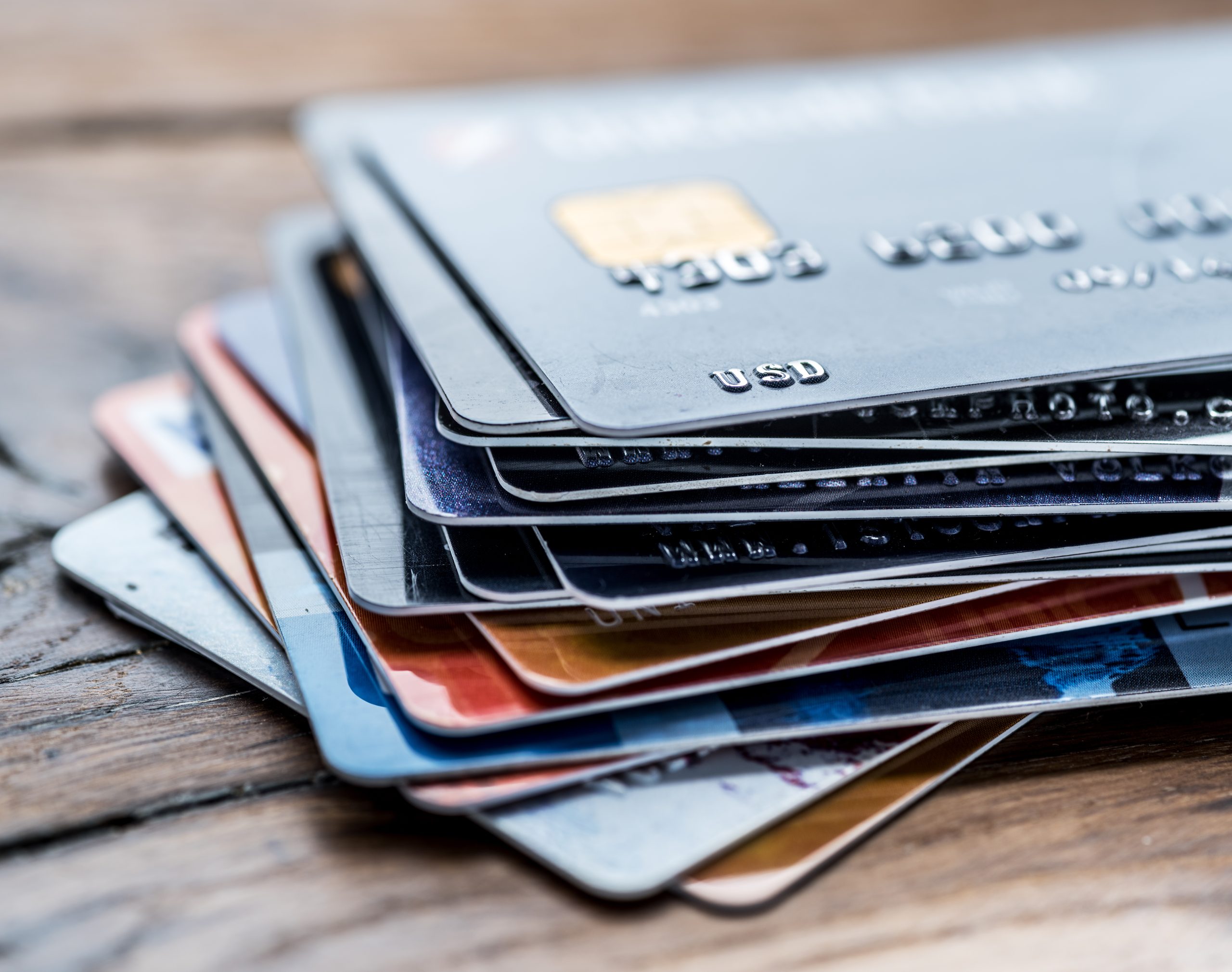
Choose the right credit card
Are you looking for a new credit card? Then you're in the right place! Pick a credit card option based on your financial needs! Read on!
Approach New Credit Requests with Care
Applying for new credit introduces hard inquiries, which can temporarily lower your credit score. Therefore, it’s prudent to limit these applications.
Seeking new credit only when necessary helps to avoid the accumulation of inquiries that suggest financial instability.
Importantly, spreading out credit applications can also help keep your credit score.
This prevents the negative impact of several inquiries in a short period.
Expand Your Credit Mix
Having a variety of credit types can positively affect your credit score. This mix shows lenders your ability to manage different credit forms.
Responsible management of diverse credit lines, from credit cards to loans, reinforces your financial credibility with lenders.
It’s crucial, however, to only take on credit that you can confidently handle. Overextending yourself, including frequent overdrafts, can be counterproductive.
Continuously Monitor Credit Reports for Errors
Keeping an eye on your credit reports is essential for spotting errors that could unfairly lower your score.
Promptly disputing inaccuracies with credit bureaus ensures your credit report accurately reflects your financial history, which can aid in improving your score.
Regular credit report reviews also allow you to monitor your progress and understand the various elements affecting your score, including the implications of overdrafts.
Strive for a More Extensive Credit History
The length of your credit history contributes to your score. Maintaining older credit accounts can have a favorable effect.
Opening new credit accounts should be done judiciously to preserve a longer average history, which credit models often regard positively.
Over time, demonstrating responsible credit behavior, including good management of overdrafts, will improve your credit score.
750 credit score: is it good?
While considering how overdrafts might impact your credit score, focusing on other key factors is essential. Timely payments and regular credit checks are crucial.
Moreover, are you curious about what an excellent score means for you?
Dive into our next piece to discover the perks of a high credit score and strategies to achieve it.
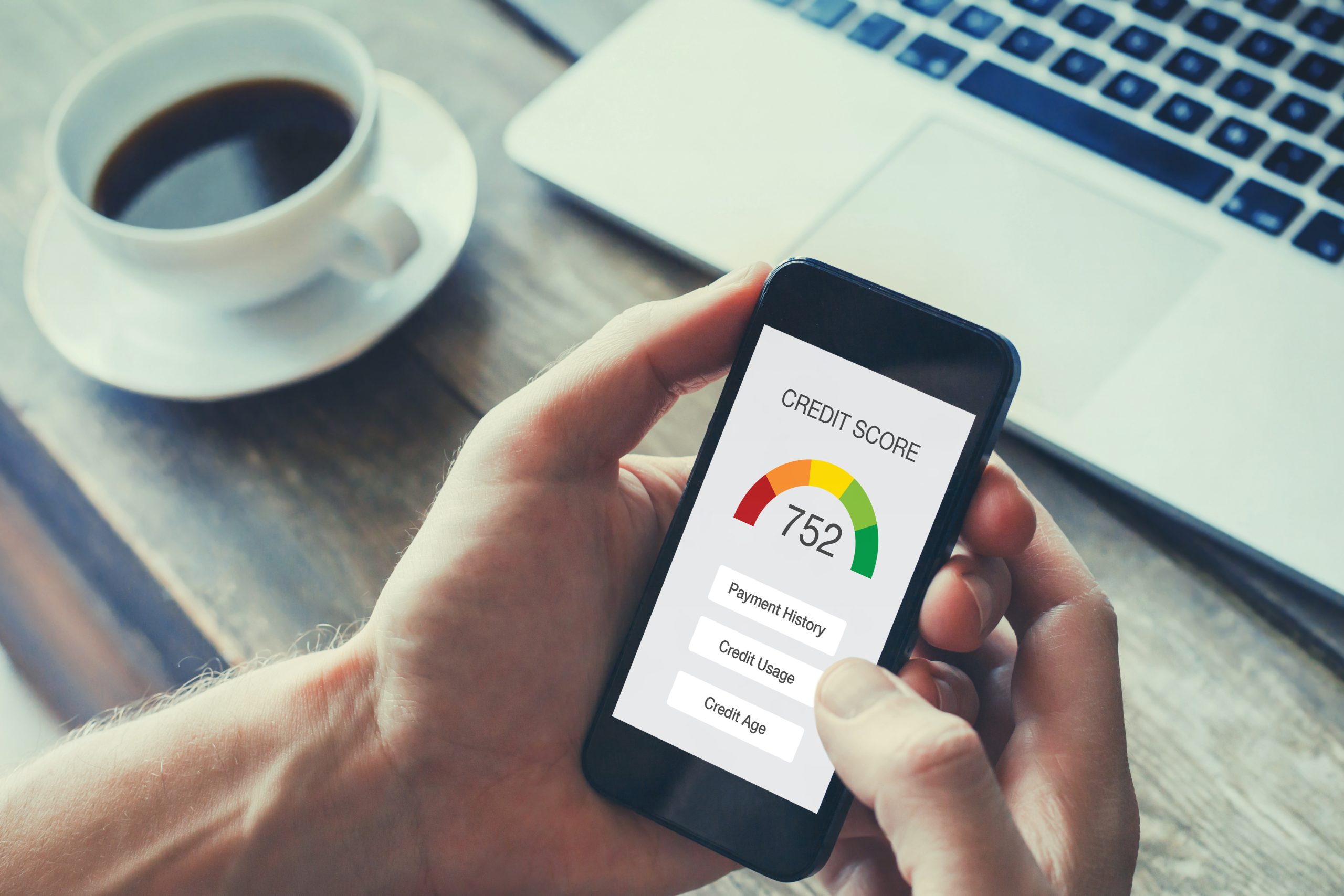
750 credit score: is it good?
A 750 credit score can help you get some excellent financial deals! Understand how below! We'll explain everything you need to know!
Trending Topics
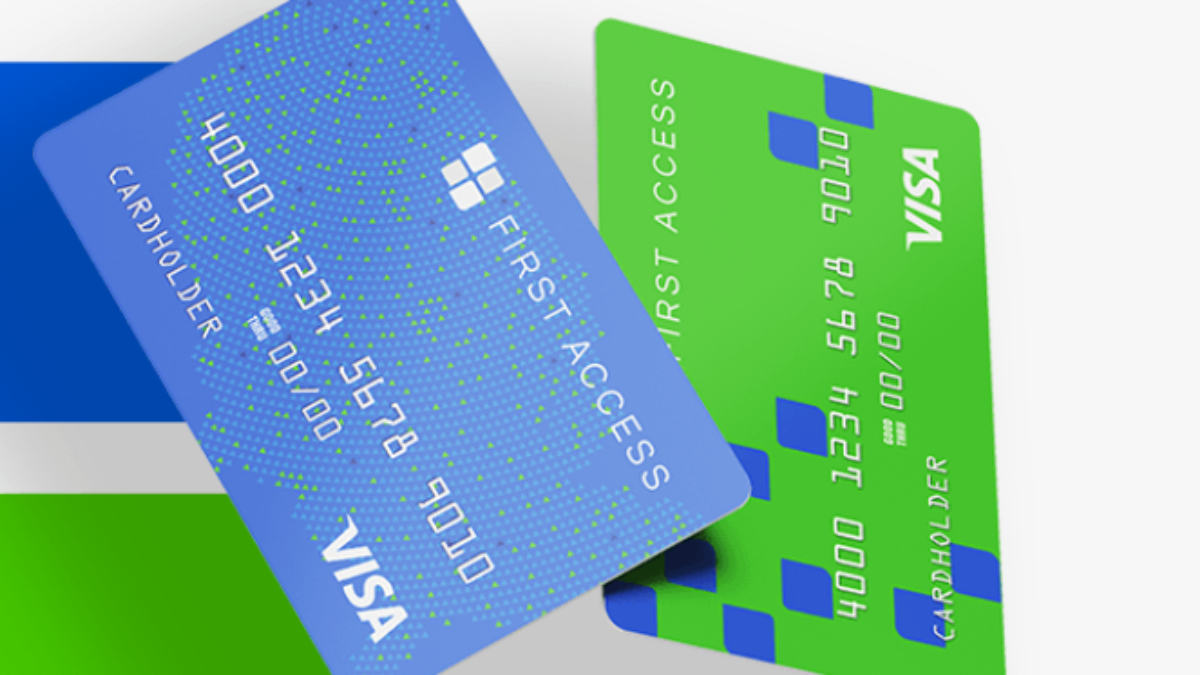
Apply for the First Access Visa® Card: Free credit score access
Discover how to easily apply for the First Access Visa® Card and make the right credit move with our simple step-by-step guide.
Keep ReadingYou may also like
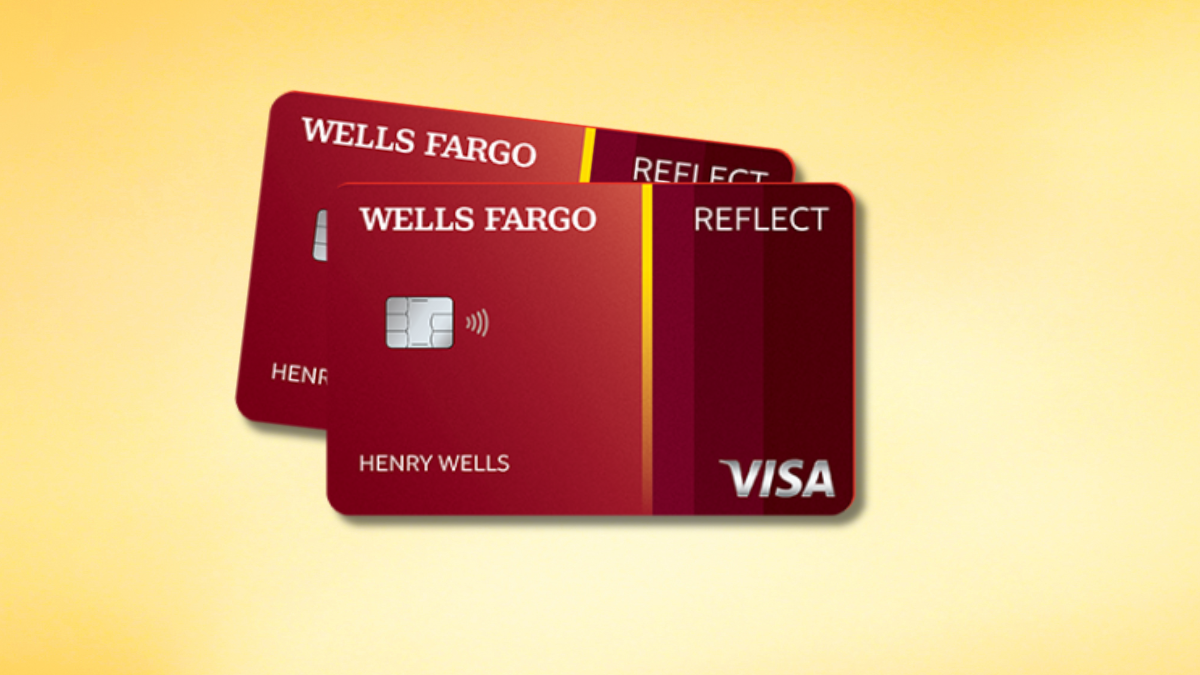
Wells Fargo Reflect® Card review: Extensive 0% APR Period
Dive into our Wells Fargo Reflect® Card review to uncover its unique benefits and features. Experience 0% intro APR today!
Keep Reading
Apply for the Boost Platinum Card: 7-day trial period
Unlock financial freedom with ease! Learn how to apply for the Boost Platinum Card and empower your spending regardless of your score.
Keep Reading
PREMIER Bankcard® Mastercard® Credit Card review: build credit
Do you want to build credit fast? Then check out our PREMIER Bankcard® Mastercard® Credit Card full review! Monitor your FICO score easily!
Keep Reading
